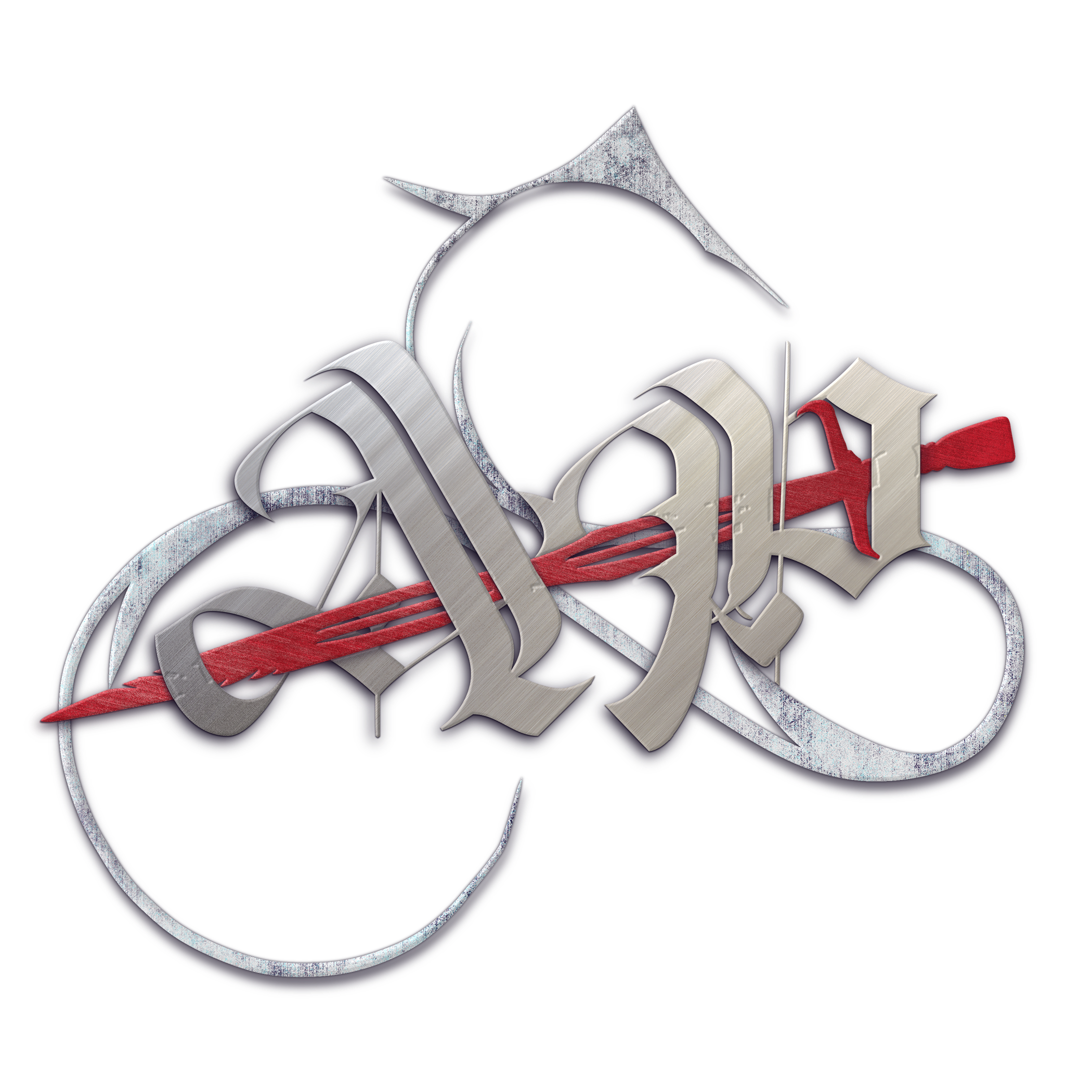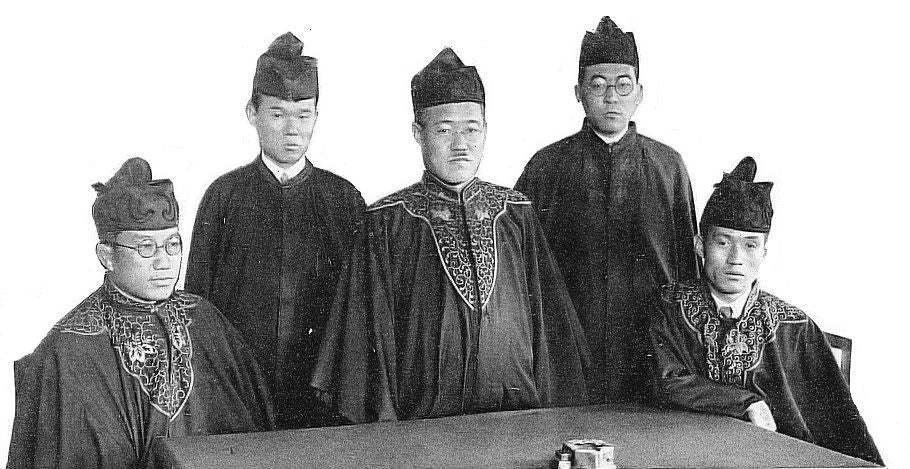Severus Snape
President Snow
Every system of law and justice
These figures of authority aren’t necessarily “evil”, but they become the antagonist of the novel because they oppose the one thing the protagonists desire most: freedom.
Authority Figure: The Origin
Literally every story ever features an authority figure of some sort. These figures of authority tend to represent the “established way of operating” or “the system”—be it magical, scientific, political, or religious. Most times, the authority figure is not an evil or villainous character. In many cases, they will actually be good, just, noble, and honorable characters. The only reason they are the antagonist is because they interfere with the protagonist’s desire for free will. The Stanford Encyclopedia of Philosophy defines “free will” as “a philosophical term of art for a particular sort of capacity of rational agents to choose a course of action from among various alternatives.” It has been the topic of philosophical debate for thousands of years, and there are dozens of different definitions of the term. It is present in everything from Western philosophy to Hindu and Buddhist philosophy to theology to genetics to physics. There is no simple way to sum up the concept of free will, which is why every story takes its own unique approach to “freedom”. For some, it’s the freedom to make decisions and face the resulting consequences. For others, it’s the freedom to enact those decisions even when they go against established norms. In still others, it is simply the ability to choose a certain path, even if no actions are taken. Regardless of the concept of free will, there will always be an Authority Figure standing in the way of the protagonist’s desire for freedom. The fact that they are in authority may be the only reason that they become an antagonist. Regardless of their character, personality, or actions, their position of authority sets them at odds with the protagonist’s desire to make their own choices, choose their own fate, or take their own path. In many ways, making the Authority Figure a “good” character can actually make for a more interesting dynamic between protagonist and antagonist. It showcases the reality of life, how everything really “shades of moral grey” instead of black and white. The Authority Figure will simply be an antagonist because their duty or desire causes them to interfere with the duties or desires of the protagonist. It can provide a real depth of character that will allow for interesting philosophical questions and a new perspective on problems that plague modern society.In Stories
Every fantasy novel features an Authority Figure of some sort—good or evil, right or wrong—that stands in the way of the protagonist achieving their end goal:- Denethor, Steward of Gondor, in Return of the King isn’t a bad man. He simply tapped into the wrong power (the Palantir), which aged him and turned him bitter. His fatalistic mindset caused him to stop Pippin from lighting them.
- Professor McGonagall in Harry Potter is a classic example of a “good” Authority Figure who is put in an antagonistic role. She is the strict teacher and head of House Gryffindor who enforced the rules out of a desire to protect her students, even if those rules stopped Harry and the others from doing what they thought was important to save the rest of Hogwarts.
- President Snow from The Hunger Games is an example of a cruel, ruthless, and tyrannical Authority Figure. He uses his dictatorial power in the Capitol to keep the districts in line, which immediately sets him at odds with Katniss’ desire for freedom and escape from the Hunger Games.

